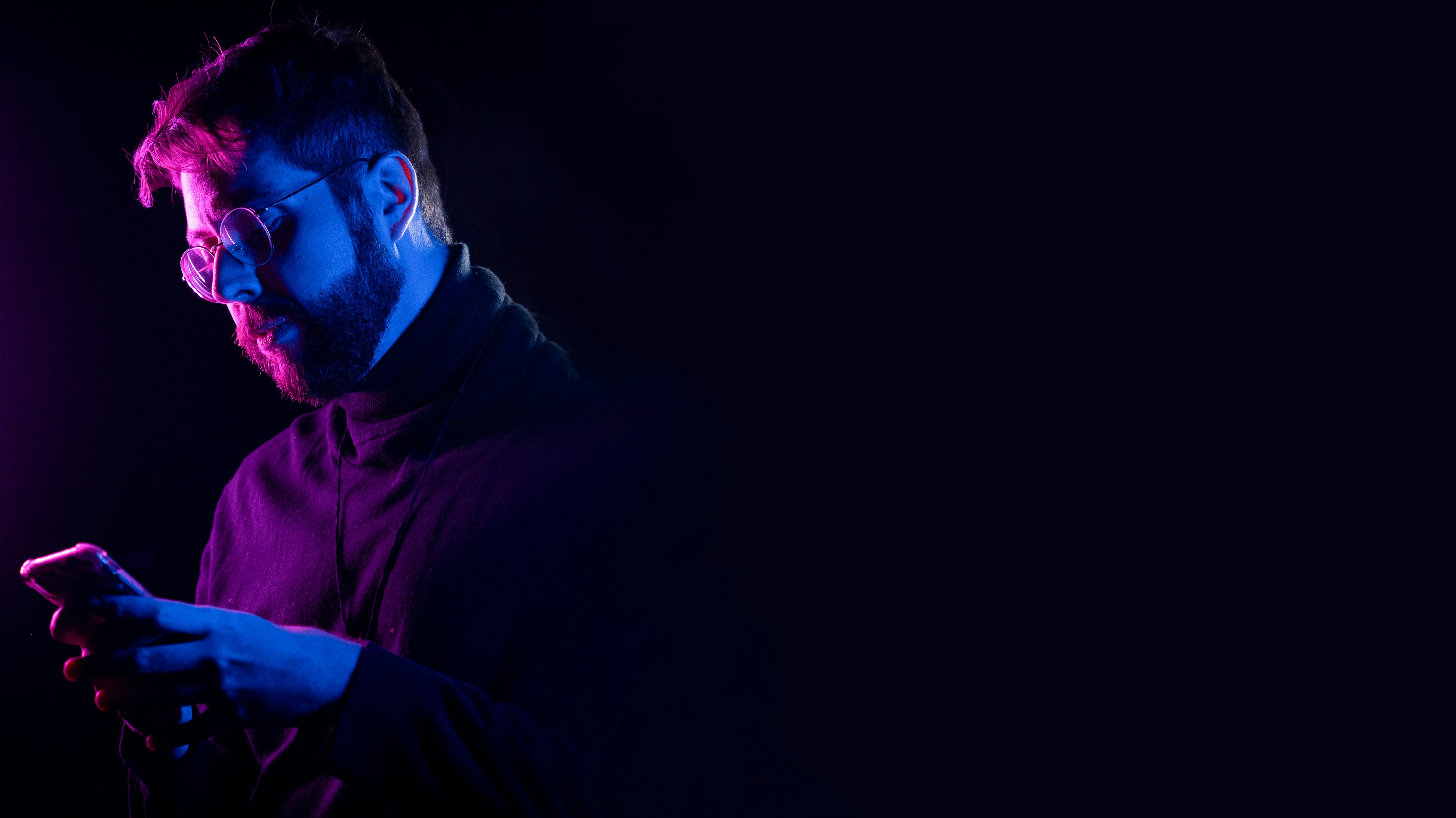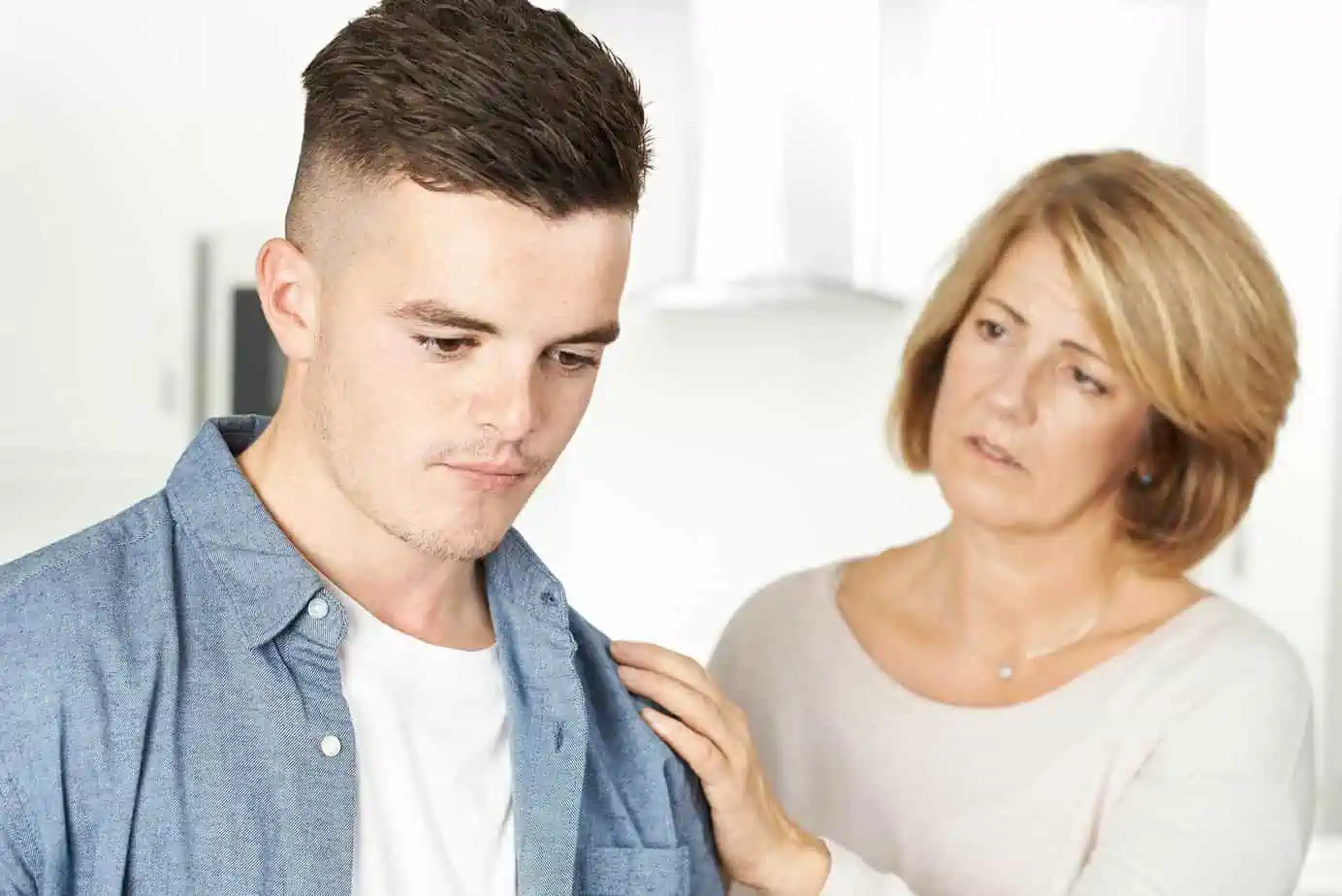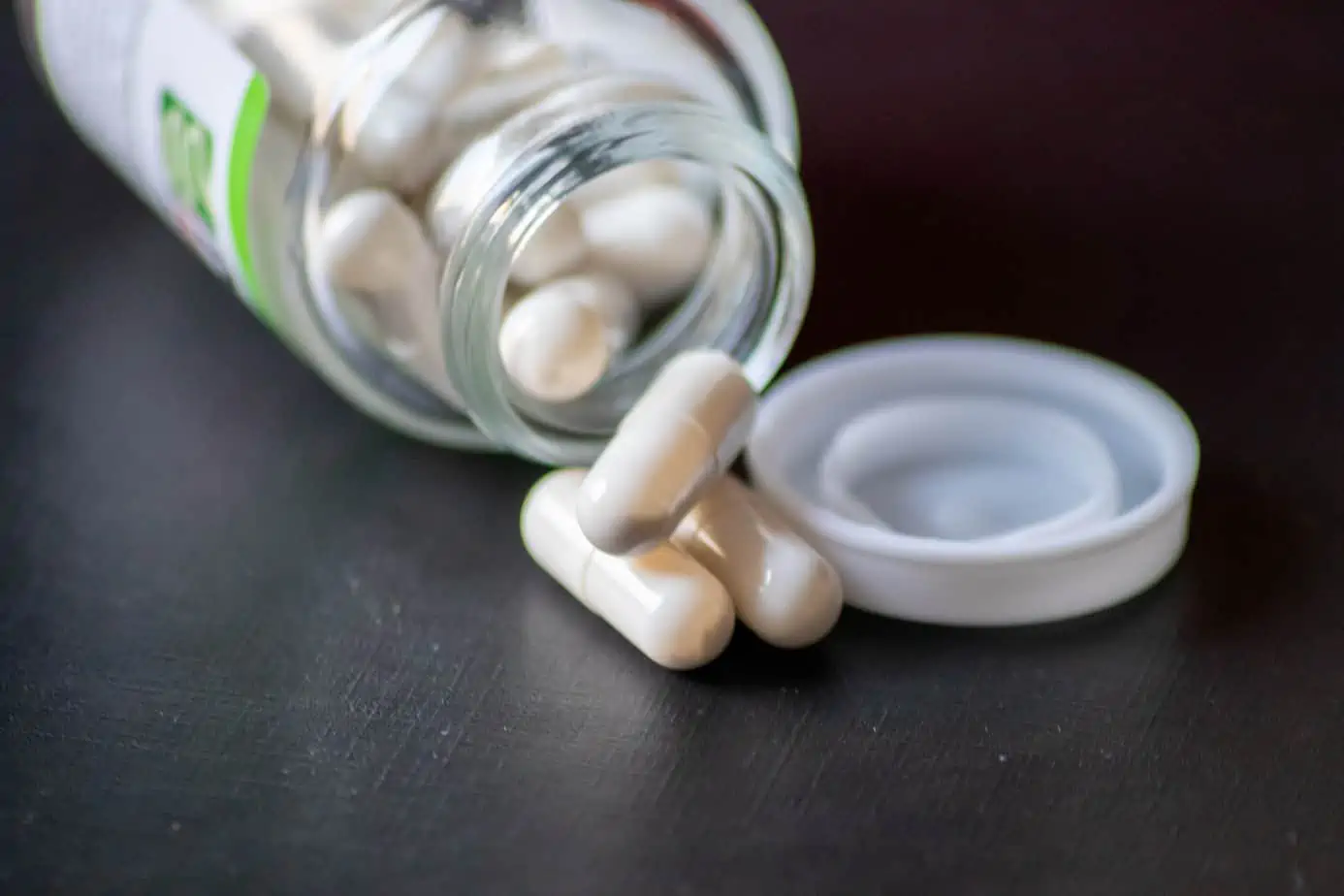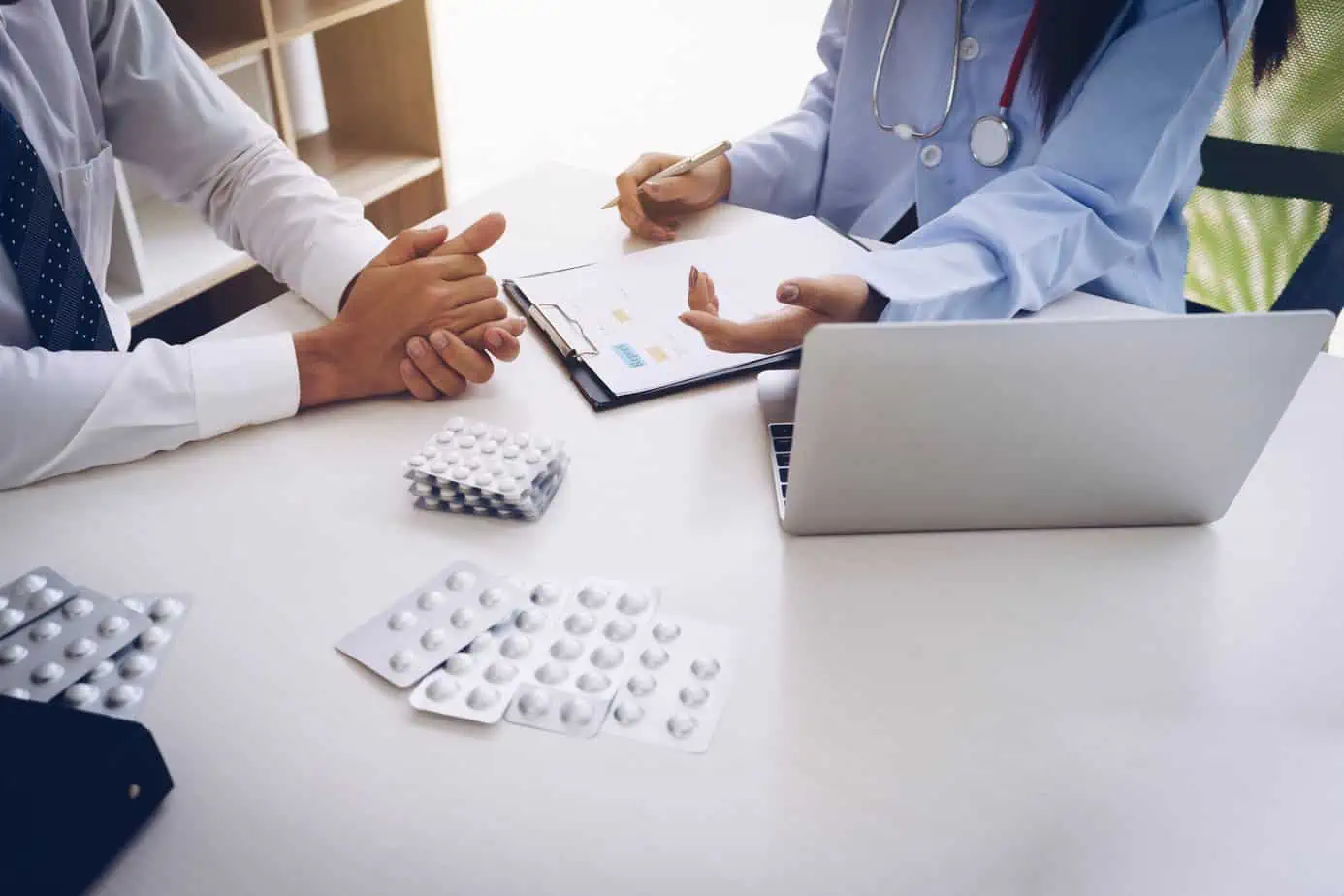The article discusses the double-edged nature of social media for individuals in recovery from addiction in 2025, acknowledging its potential for community and support while highlighting the risks of anxiety, negative news cycles, and unrealistic comparisons. It advises readers to use social media mindfully, curating their feeds, limiting time, and seeking professional help if needed, to ensure it aids rather than hinders their recovery journey. Ultimately, the article emphasizes finding balance and making social media a positive force in recovery.
Social media has transformed how we interact, share experiences, and seek support. For many in recovery from drug and alcohol addiction, platforms like Facebook, Instagram, and Reddit can provide a lifeline, offering community and understanding during a challenging journey. However, it’s vital to consider the potential downsides of excessive social media use. Not only can social media be potentially harmful to recovery, but it can also become an addiction itself, requiring social media addiction treatment. In a world that’s increasingly saturated with information, could social media be hindering your recovery, and what are the best strategies for managing social media use to protect your addiction recovery?
The Social Media Landscape in 2025
In 2025, the state of America reflects a society grappling with rapid technological advancements and a constant flow of information. Social media has become more integrated into our daily lives, with platforms evolving to cater to our need for connection and validation. However, this connectivity comes with a price. The overwhelming barrage of news, opinions, and personal updates can be a double-edged sword, especially for those in recovery.
Social media presents recovery risks. As we scroll through our feeds, we are bombarded with headlines that can evoke anxiety, fear, or even despair. The constant stream of news stories—whether they pertain to public health crises, social justice issues, or personal tragedies—can take a toll on our mental health, and online triggers can fuel addiction. Can excessive social media use harm sobriety? For those who may already be sensitive to stress and emotional upheaval, the influx of constant negative information can be particularly detrimental.
The Mental Health Impact of Social Media
Social media and mental health relapse can often go hand-in-hand. Research has shown that excessive social media use can lead to increased feelings of anxiety, depression, and loneliness. How can social media trigger relapse in drug recovery? For those in sobriety, these emotions can trigger cravings or lead to relapse. Social media’s impact on sobriety goes beyond news stories—the curated nature of social media often creates unrealistic comparisons; seeing others’ highlight reels can lead to feelings of inadequacy or self-doubt.
How can social media create a fear of missing out (FOMO) that harms sobriety? When you see friends or acquaintances engaging in activities that you may feel excluded from, it can foster feelings of isolation. This is particularly poignant for millennials and Generation Z, who have grown up with social media as a primary means of communication. You may be wondering, “How does comparing myself to others on social media affect my alcohol recovery?” The pressure to maintain a certain image or lifestyle can be overwhelming, making it challenging to focus on the self-care necessary for recovery.
The Role of Negative News Cycles
Social media and relapse are not uncommon. In 2025, the news cycle is more relentless than ever. With the rise of 24-hour news channels and social media platforms serving as news aggregators, stories of tragedy, conflict, and chaos are constantly at our fingertips. For someone in recovery, this can create a heightened state of alertness and anxiety. What are the risks of social media for individuals in early recovery from addiction? The constant negativity can cause rumination, which is a precursor to relapse.
What are the negative impacts of social media on alcohol addiction recovery? When you are trying to rebuild your life and find stability, constant exposure to negative news can exacerbate feelings of anxiety and hopelessness. It’s not just the content of the news that matters; it’s the way it’s presented. Sensational headlines and graphic images can trigger emotional responses that are hard to shake off, making it difficult to focus on the positive aspects of your recovery journey.
Finding Balance: The Positive Side of Social Media
While social media can cause triggers in sobriety, it’s important to recognize that social media can also be a powerful tool for recovery. Online communities can provide invaluable support, encouragement, and understanding. Facebook groups, Reddit forums, and Instagram hashtags dedicated to recovery can create a sense of belonging that is often hard to find in traditional settings.
Are there specific social media platforms that are more triggering for addiction recovery? Everyone is different, so self-awareness is imperative when it comes to how you can identify and avoid social media triggers during drug and alcohol recovery. For some, Facebook could be a trigger because it’s news-heavy. For others, sites like TikTok and Instagram could be problematic because of doomscrolling and comparison to others. Doomscrolling can lead to an actual addiction that requires social media addiction treatment. Another problem is how social media might expose you to substance-related content that jeopardizes your sobriety inadvertently. You could scroll and see reels glorifying drinking or drug use, and social media can cause cravings.
However, for many, sharing their experiences and connecting with others who understand their struggles can be incredibly therapeutic. These platforms allow individuals to share their stories, seek advice, and celebrate milestones in their recovery. The anonymity of online forums can also make it easier for those hesitant to share their experiences in person to find their voice. In this vein, social media and drug recovery can work together.
Constructive Use of Social Media
To harness the positive aspects of social media while mitigating its potential harms, consider the following strategies.
Curate Your Feed
Be intentional about who you follow and what content you consume. Seek out accounts that promote positivity, recovery, and mental wellness. Unfollow or mute accounts that trigger negative emotions or comparisons. Remember how the curated nature of social media can lead to feelings of inadequacy and trigger relapse, so tailor your feed wisely.
Limit Your Time
Set boundaries around your social media use. Consider using apps that track your screen time or set specific times during the day when you allow yourself to check your feeds. This can help you avoid mindless scrolling and reduce anxiety.
Engage in Supportive Communities
Social media and alcohol recovery can work together. Join recovery-focused groups where you can connect with others who share similar experiences. These communities can provide a sense of belonging and understanding that is crucial during recovery.
Practice Mindfulness
Incorporate mindfulness techniques into your daily routine. This can help you stay grounded and present, making it easier to manage the emotional responses that may arise from social media use.
Seek Professional Help
If you find that social media is negatively impacting your mental health or recovery, don’t hesitate to reach out to a professional for support. Therapy can provide you with tools to navigate both your recovery and your relationship with social media. You may also need to evaluate if you need social media addiction treatment.
In 2025, as we continue to grapple with the challenges of modern life, finding balance is key. By curating our online experiences, engaging with supportive communities, and practicing mindfulness, we can make social media a positive force in our recovery journey.
If you or someone you know is struggling with social media addiction or drug and alcohol abuse, Mountainside can help with customizable, individualized programs for every step in your recovery, whether it’s detox, social media addiction treatment, family therapy, or aftercare. Speak with an admissions specialist today.
If you or a loved one is struggling with addiction, Mountainside can help.
Click here or call (888) 833-4676 to speak with one of our addiction treatment experts.

 By
By 







